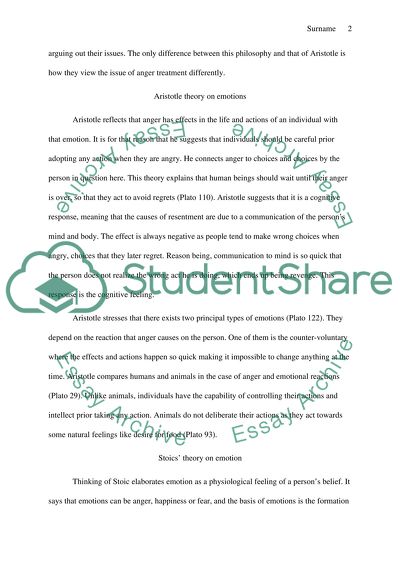Cite this document
(“In what ways are the Aristotelian and Stoic accounts of emotion Essay”, n.d.)
In what ways are the Aristotelian and Stoic accounts of emotion Essay. Retrieved from https://studentshare.org/philosophy/1588951-in-what-ways-are-the-aristotelian-and-stoic-accounts-of-emotion-influenced-by-platos-account-of-the-psych-in-republic-iv
In what ways are the Aristotelian and Stoic accounts of emotion Essay. Retrieved from https://studentshare.org/philosophy/1588951-in-what-ways-are-the-aristotelian-and-stoic-accounts-of-emotion-influenced-by-platos-account-of-the-psych-in-republic-iv
(In What Ways Are the Aristotelian and Stoic Accounts of Emotion Essay)
In What Ways Are the Aristotelian and Stoic Accounts of Emotion Essay. https://studentshare.org/philosophy/1588951-in-what-ways-are-the-aristotelian-and-stoic-accounts-of-emotion-influenced-by-platos-account-of-the-psych-in-republic-iv.
In What Ways Are the Aristotelian and Stoic Accounts of Emotion Essay. https://studentshare.org/philosophy/1588951-in-what-ways-are-the-aristotelian-and-stoic-accounts-of-emotion-influenced-by-platos-account-of-the-psych-in-republic-iv.
“In What Ways Are the Aristotelian and Stoic Accounts of Emotion Essay”, n.d. https://studentshare.org/philosophy/1588951-in-what-ways-are-the-aristotelian-and-stoic-accounts-of-emotion-influenced-by-platos-account-of-the-psych-in-republic-iv.


